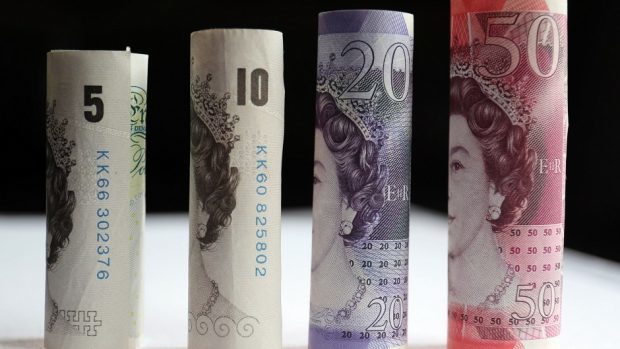Britain should brace itself for for a growth slowdown in the coming years as falling consumer spending and business investment applies the brakes to the UK economy, according to an influential think tank.
The EY Item club said the UK economy will stump up gross domestic product (GDP) growth of 1.9% this year, fuelled by a 2.5% rise in consumer spending on the back of low inflation.
However, this performance is expected to fizzle out as inflation jumps 2.6% next year and 1.8% in 2018, causing consumer spending to slump to 0.5% and 0.9% respectively.
Business investment is also slated to take a hefty knock from uncertainty surrounding Britain’s future trading relationship with the EU, dropping 1.5% this year and more than 2% in 2017.
The double whammy impact will cause UK GDP growth to drop sharply to 0.8% next year before rebounding to 1.4% in 2018.
Peter Spencer, chief economic advisor to the EY Item Club, said: “So far it might look like the economy is taking Brexit in its stride, but this picture is deceptive.
“Sterling’s shaky performance this month provides a timely reminder that challenges lie ahead. As inflation returns over the winter it will squeeze household incomes and spending.
“The pressure on consumers and the cautious approach to spending by businesses mean that the UK is facing a period of relatively low growth.”
The Office for National Statistics (ONS) revised up its reading for the UK economy in the run-up to the Brexit vote, with GDP growing 0.7% in the second quarter, up from the previous estimate of 0.6% for the period.
But, while the UK’s main economic indications have held up since Britain voted to exit the EU, sterling has lost around 18% of its value against the US dollar since June 23.
The report by the EY Item Club said a weak pound would cause exports to rise by 4.5% in 2017 and 5.6% in 2018.
It said net exports are expected to add 0.8% to GDP next year, accounting for nearly all of the expected growth in the UK economy.
“With activity in the domestic market flat, GDP growth will become heavily dependent on exports next year,” Mr Spencer added.
“But once the UK has left the EU certain sectors, such as aerospace, automotive and chemicals that trade extensively with the EU will be a lot more vulnerable and may need to be supported by subsidies and more robust industrial policies.”
